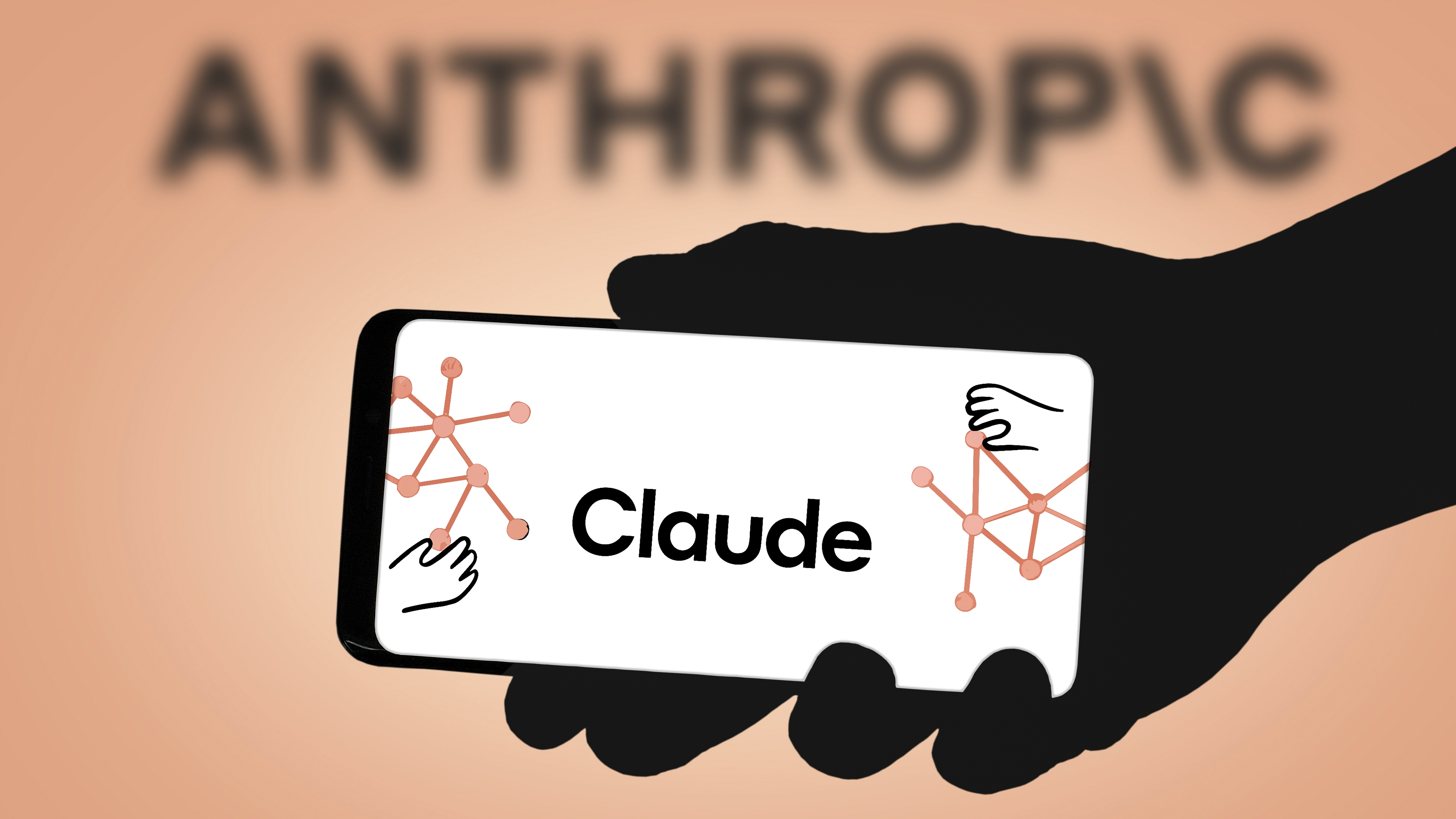Florida governor DeSantis signs Stop Social Media Censorship Act — will it work?
Why Florida's Stop Social Media Censorship Act may prove tricky to enforce

Florida governor Ron DeSantis signed the state’s Stop Social Media Censorship Act into law on Monday, promising it will prohibit social media platforms from “willfully deplatforming” candidates for political office under threat of huge fines.
The bill received support from conservatives in response to former president Donald Trump’s Twitter and Facebook bans. However, while this legislation aims to prevent social media companies from banning future political candidates, it may prove difficult if not impossible to enforce.
- Stay secure online with the best VPN service
- The best parental control apps for Android and iPhone
- Plus: Fourth stimulus check update: Status, proposed amount and latest news
Is the Stop Social Media Censorship Act legal?

Technically yes, in the sense that it’s been signed into Florida law. In theory this means social media companies could be fined up to $250,000 per day for banning candidates for statewide office, and up to $25,000 per day for local office candidates. It also empowers the Florida state attorney general to more easily bring lawsuits against tech companies that are perceived to have acted unfairly with regards to certain candidates.
However, existing federal laws and legal precedents would likely see the bill’s provisions struggle to stand up in court. Perhaps the most ironclad of these is Section 230 of the Communications Decency Act, passed in 1996, which states that “No provider or user of an interactive computer service shall be treated as the publisher or speaker of any information provided by another information content provider.” It also permits “any action voluntarily taken in good faith to restrict access to or availability of material.”
While more liberal activists have complained that Section 230 prevents social media companies from being held accountable for hosting hate speech on their platforms, the problem for conservative-minded legislation like the Stop Social Media Censorship Act is that it also enshrines the right of social media platforms to take down content and ban users, as long as it does so in good faith.
In other words, as long as social media companies can point to a reason beyond simple partisanship for banning a user — as Facebook and Twitter did for banning Trump in the aftermath of the January 6 riot — any attempts to sue them on the grounds of the Florida bill’s provisions will bump up against the much more established Section 230.
Is the Stop Social Media Censorship Act constitutional?

Again, while the Stop Social Media Censorship Act was legitimately signed into law, in a court scenario it may be seen as at odds with elements of the U.S. Constitution. Under Supreme Court precedent, the First Amendment protects private entities — like social media platforms as well as more traditional media like newspapers — from being forced to host, print or otherwise publish another person or group's speech.
Get instant access to breaking news, the hottest reviews, great deals and helpful tips.
As such, attempts to force Facebook or Twitter to maintain a user’s account, even if they’ve broken that privately-run platfom’s terms and conditions of use, could fall flat under a First Amendment defense.
How will the Stop Social Media Censorship Act affect me?

If you’re a private social media user, even one living in Florida, the Stop Social Media Censorship Act is unlikely to have a direct effect on you. Its provisions regarding the forced unbanning of users only apply to candidates actively seeking political office; notably, Donald’s Trump January bans wouldn’t have fallen under the bill’s protections as he wasn’t a candidate at the time.
There are other elements to the legislation, including the requirement of social media to allow users to view a solely chronological content feed without any algorithm-based personalization. Again, though, actually enforcing this could see social media companies respond by asserting their rights under Section 230 to avoid having to present or hide certain content.

James is currently Hardware Editor at Rock Paper Shotgun, but before that was Audio Editor at Tom’s Guide, where he covered headphones, speakers, soundbars and anything else that intentionally makes noise. A PC enthusiast, he also wrote computing and gaming news for TG, usually relating to how hard it is to find graphics card stock.
 Club Benefits
Club Benefits





